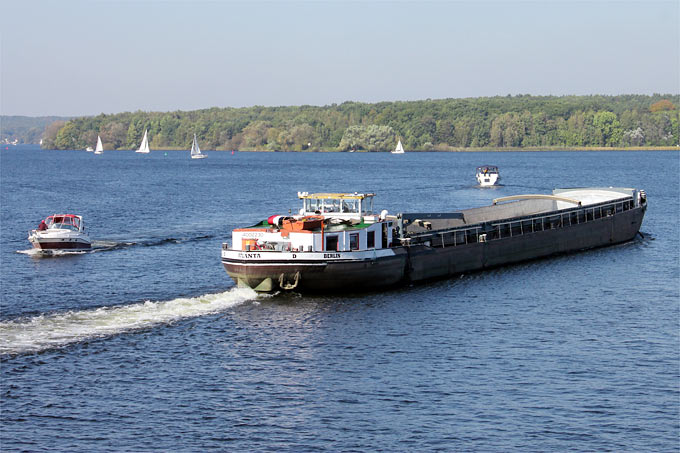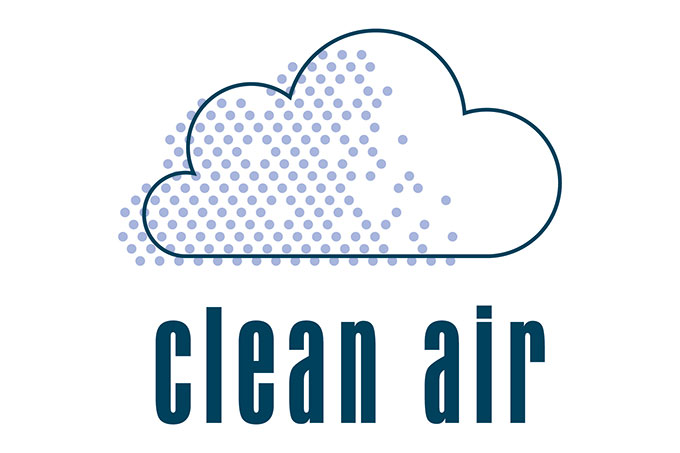Clean Air in Ports: Barcelona
Workshop on 16th of October 2014
On the 16th of October 2014 NABU performed its fifth workshop „Clean Air in Ports“ within the “Green Ports Congress” taking place this year in Barcelona. The annual congress focusses on the environmental performance of ports and therefore gathers a broad range of experts from European as well as international port authorities, producers of technical equipment or ship owners, who exchange their knowledge on the latest „green“ efforts and developments in ports.
As working successfully on air quality issues in European ports, NABU was invited to present its „Clean Air in Ports“ project to the congress’ audience and to moderate one session on air quality. Preceded by Caroline de Clock from EU Commission (DG Move) who explained relevant EU legislation for ports to the plenum and in particular emphazised massive health risks due to bad air quality in ports and weak EU standards in comparison to the demands of the World Health Organization’s (WHO) Air Quality Guidelines.
Besides interesting plenary sessions on various issues the working group on air quality was highly frequented as more than half of the 160 attendees joined in the session – thus underlining the issue’s importance attributed by leading ports’ professionals and the EU Commission. NABU opened up the session by giving a brief overview about the challenges in terms of health, climate and environment due to impacts of ship and port related emissions. Other speakers on the "air" panel were Charles Haine (Royal Haskoning DHV), who exemplarily explained the stakeholder process of developing an emission inventory at a container terminal. Lorène Grandidier from Schneider-Electric presented their efforts of installing „Shore Side Electricity“ facilities (OPS/Cold Ironing) in ports. CEO of the „Baltic Ports Organisation“, Bogdan Oldakowski, explained demands and challenges in terms of developing an LNG infrastructure in baltic ports and Noemi Perez from the Institute for Environmental Research at the University of Barcelona presented an EU-Interreg study with five southern European memberstates working on measuring different air pollutants like NOx, SOx and PM in port cities.
Three main topics were critically discussed with pros and cons by the participants and on the panel: technical solutions for better air quality like OPS and LNG on the one hand, legal guidelines and their implementation and enforcement on the other hand as well as the importance of external, independent scientific support (e. g. for emission inventories or other evaluations). However, the view was shared that bad air quality in ports in general and the upcomming new SECA regulation starting in January 2015 will be the main drivers for further development. Therefore, air quality and its technical as well as regulatory solutions are regarded "the" major issues of the congress and one of the biggest challenges for ports and shipping industry to deal with in the near future.
All results and inputs from the workshop are carefully integrated in NABU’s manual on “Clean Air in Ports”.
More Information
In ports the air is often more contaminated than elsewhere. Ships, shunting locomotives, or heavy truck traffic pollute the air with emissions from fuels that are a thousand times dirtier than road fuels. more →


